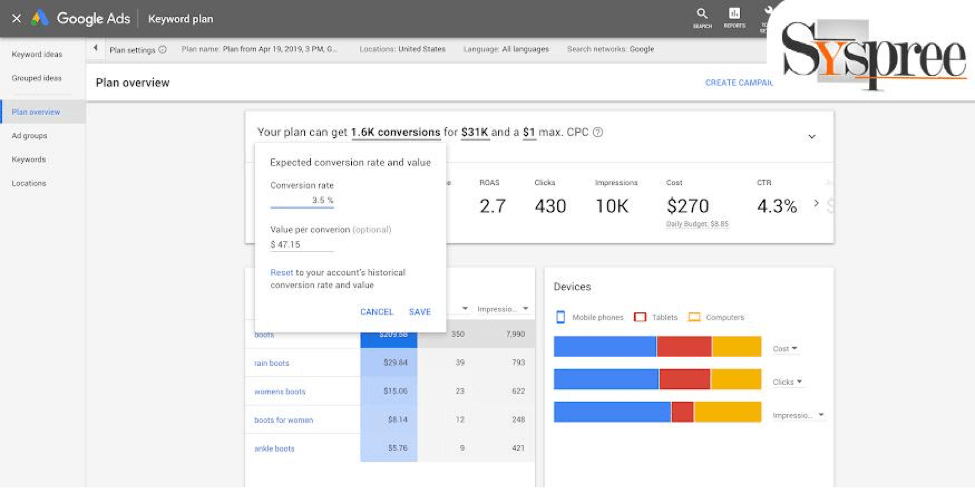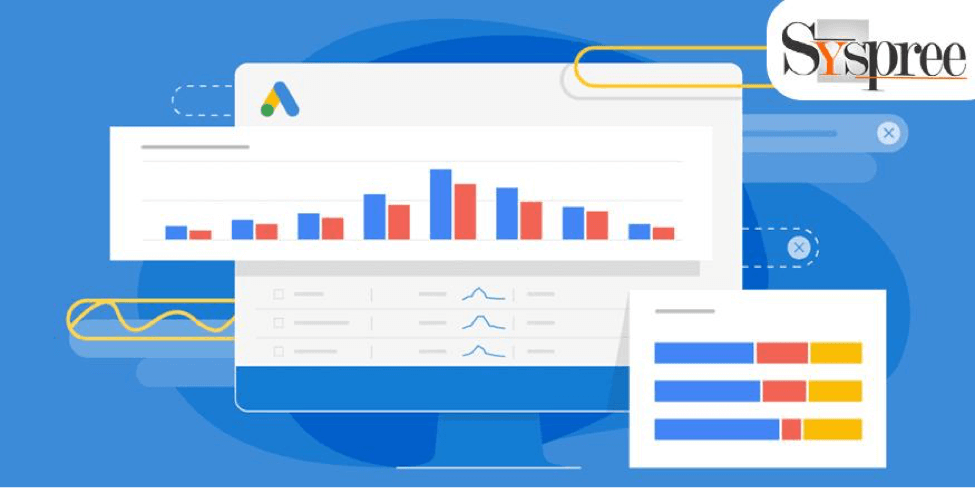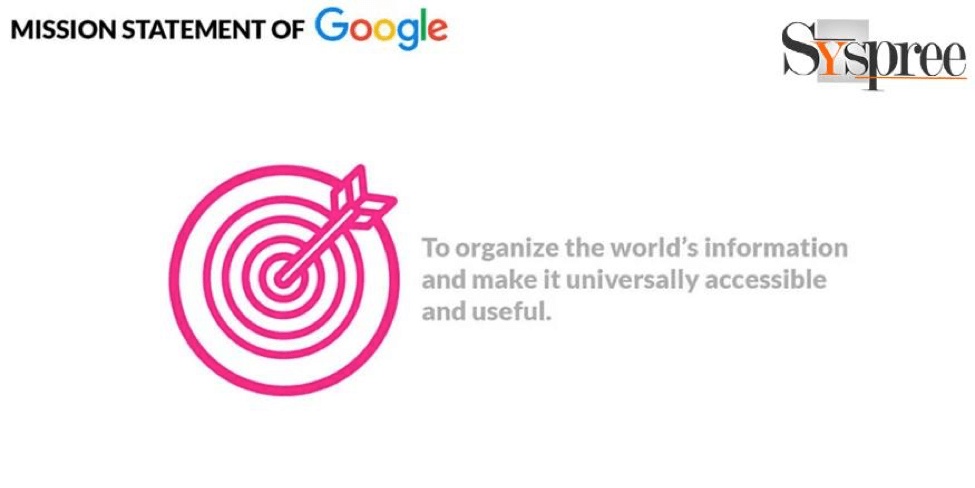In the constantly changing landscape of online ads, keeping current with the most recent changes and advancements is vital for marketers and advertisers. One of the most notable updates that has caused ripples throughout the world of digital advertising has been Google’s Keyword Planner’s decision recently to end keyword forecasting features, specifically for ad groups and individuals.
Although somewhat quiet, this change has important implications for marketers using these forecasting tools to determine their advertising strategies.
Key Takeaways
- Advertisers must keep up to date in the constantly changing landscape of online advertising to stay in the game.
- Google’s elimination of the individual and group keyword forecasting in Keyword Planner is a major modification.
- The decision to stop using the tools used to forecast weather was prompted by the low use, highlighting Google’s dedication to efficiency.
- While some of the most important insights are lost, forecasts at the campaign level and historical data are still available.
- Advertisers must adjust their strategies and be open to new ones in the ever-changing digital advertising landscape.
Google Keyword Planner’s Recent Update
Google Keyword Planner is an indispensable tool for marketers and advertisers. It assists them in determining the potential performance of keywords. It aids them in making informed choices regarding budget allocation and bids. This tool is extremely useful for companies looking to maximize their advertising campaigns through Google Ads.
The experts from the best SEO company informed that in an update recently, Google decided to discontinue the operation of ad groups and individual keyword forecasting within Keyword Planner. This means advertisers will not access these forecasting tools, which have been a key component of their optimization and planning process.
Reasons Behind the Removal of Keyword Forecasting
The decision to eliminate the individual and group keyword forecasting features from Google Keyword Planner was not taken lightly. Google, through its spokesperson Ginny Marvin, stated that the decision was prompted by the lack of use for the tools for forecasting specific to. The decision to end these tools was driven by the reality that only a small percentage of advertisers were making use of these tools.
The question is the reason why these forecasting tools are not utilized. One possibility is that advertisers could have come up with other methods or techniques to attain their goals. It’s also possible that the other functions in Keyword Planner masked these valuable features.
Whatever the reason for the low use, Google’s decision came from their determination to streamline their services and ensure that they offer features that bring their customers the greatest value. In removing features that aren’t being used, Google can allocate resources more efficiently and ensure that the remaining tools and functions aren’t just efficient and constantly enhanced.
Changes in Keyword Planner
Digital marketing is always evolving, and as a market leader in this field, Google continuously changes its tools and platforms to improve the user experience. One of the latest modifications that have stirred up the community of digital advertisers is the demise of ad groups and individual ads inside Google Keyword Planner.
Since the beginning, marketers and advertisers have depended on Google Keyword Planner to gain insight into the potential performance of certain keywords. The best SEO company says that the tool has proved helpful in helping them make informed decisions on spending budgets, bid strategies, and general campaign optimization. However, the decision to end the individual and group keyword forecasting features recently marks a significant shift in how advertisers use this tool.
Why Individual and Ad Group Keyword Forecasting was Discontinued

Keyword Forecasting – Why Individual and Ad Group Keyword Forecasting was Discontinued
The decision to end individual and groups keyword forecasting was not made on a whim. The decision to end individual and group keyword forecasting was not made on a whim. Through its spokesperson, Ginny Marvin, Google stated that the limited use of specific forecasting features prompted the decision. Although Keyword Planner remains an essential instrument for marketers, it was evident that only a small percentage of advertisers were using individual and collective keyword forecasting features.
One of the reasons for this ineffectiveness is the changing environment in digital marketing. Marketers and advertisers always seek more advanced techniques and tools to gain insight into their advertising campaigns. This is why some have resorted to other methods or third-party tools better suited to their specific forecasting requirements.
The experts from the leading SEO company in Mumbai say that eliminating these functions could be part of Google’s plan to streamline their advertising system. By removing features that are not being used, Google can streamline Keyword Planner and concentrate on features that bring the greatest value to a larger audience.
Retention of Campaign-Level Forecasts and Historical Keyword-Level Data
While the discontinuation of individual and ad groups may leave some advertisers concerned about their ability to plan and optimize their campaigns effectively, it’s important to note that Although the demise of ads groups and individuals could cause some advertisers to be concerned about their capability to plan and improve their campaigns However, it’s important to know that Google does not abandon keyword forecasting altogether. Forecasts for keyword campaigns and historical keyword information will be available in Keyword Planner.
Forecasts at the campaign level are extremely useful for those looking to comprehend broader performance expectations for their advertising campaigns. This feature lets advertisers make educated decisions regarding their overall strategy for advertising by taking into consideration factors like bidding strategies and budget allocation.
Understanding Keyword Planner
Google Keyword Planner is a useful tool for marketers’ arsenals, offering valuable information about the performance potential of keywords. It lets users make informed decisions regarding spending budgets, bidding strategies, and optimization of campaigns. Its main function is the ability to forecast the effectiveness of keywords, an attribute essential to creating successful marketing campaigns.
How Keyword Planner Predicts Keyword Performance
At the core, the Keyword Planner’s prescriptive abilities is a sophisticated algorithm that utilizes data from previous searches to anticipate the potential results for a specific set of keywords based upon the budget you have set. Let’s take a closer look at how this process operates:
- Keyword Selection: Customers start by choosing relevant keywords for their services or products. These keywords form the basis of their advertising campaign.
- Budget Specification: The following step establishes an amount for the advertising campaign. This budget is a guideline for how much you’re willing to invest in advertisements. In addition, Keyword Planner uses this information to make predictions.
- Historical Data Analysis: The Keyword Planner analyzes historical search data and contains information on how users used comparable keywords previously. The data contains search volume, click-through rate, and conversion rates.
- Prediction Modeling: Keyword Planner employs sophisticated predictive modeling methods using historical data input. It examines patterns and trends in how keywords perform with similar budget limitations and user behavior.
- Performance Estimates: Based on insights from past data and predictive modeling, Keyword Planner estimates how the keywords you’ve chosen will perform. These estimates contain metrics like the expected click-through rate, impressions, and the anticipated campaign cost.
- Keyword Grouping and Bidding: With the help of performance estimations, advertisers can make educated decisions on which keywords to group and establish bids. This is essential in optimizing their campaigns to meet their advertising objectives.
With these performance estimates, Keyword Planner equips advertisers with the information they require to plan their campaigns effectively. Advertisers can adjust their budgets, keyword lists, and bidding strategies to meet their specific goals in advertising.
Utilizing Past Search Data for Future Outcome Predictions

Keyword Forecasting – Utilizing Past Search Data for Future Outcome Predictions
The leading SEO company in Mumbai says that the cornerstone of Keyword Planner’s predictive abilities is its reliance on past search data. This historical data provides valuable insights into user behavior and keyword performance, which are used to anticipate future outcomes. Here’s why past search data is so instrumental:
- User Behavior Insights: Past search data reveals how users have interacted with specific keywords. It highlights which keywords have garnered high click-through rates, conversions, and engagement. Advertisers can use this information to select keywords likely to resonate with their target audience.
- Seasonal Trends: Historical data also captures seasonal trends and fluctuations in keyword performance. Advertisers can adjust their campaigns based on this information to capitalize on peak demand periods for their products or services.
- Budget Optimization: Keyword Planner helps advertisers determine the most effective budget allocation by analyzing past data. It assists in identifying high-performing keywords that warrant higher bids and budget allocation while highlighting underperforming keywords that may need adjustments.
Google’s Statement

Keyword Forecasting – Google’s Statement
The experts from the leading digital marketing agency say that when Google decided to stop individual and collective keyword forecasting in Google Keyword Planner and Google Keyword Planner, it was followed by a statement issued by Ginny Marvin, who is Google’s Ad Liaison. Ginny posted on Twitter to announce the news and shed some light on the reason for this important modification and its possible impact on advertisers.
Ginny Marvin’s Announcement on Twitter
In her remarks, Ginny Marvin mentioned that the low use prompted the decision to end these forecasting functions. This clear explanation demonstrates that Google is dedicated to improving its services and focusing on features that benefit its users most. By eliminating features that aren’t being utilized, Google can allocate resources more efficiently and ensure that the tools and functions remaining are effective and useful for advertisers.
The Impact of the Decision on Advertisers
Advertisers using the individual and group keyword forecasting features may initially feel depressed. These tools offered valuable insight into the expected performance of certain keywords, assisting advertisers to fine-tune their advertising campaigns. Without these tools, advertisers might wonder how they could make educated decisions and enhance their advertising strategies to be successful.
But it’s crucial to realize that Google does not leave advertisers in the darkness. Keyword-level forecasts at the campaign level and historical information are accessible. However, advertisers will get useful insight into their campaigns at a higher level. Forecasts at the campaign level provide a top-level analysis of the expected performance. Historical data on keywords permits advertisers to look back at past results and make data-driven changes.
While there’s an evolution in the accessibility of some forecasting tools, Google remains committed to helping advertisers by offering tools and data that allow advertisers to make educated choices. Advertisers need to alter their strategies to focus more on campaign-specific analyses of historical data and insights. Like any other change in the digital world, being flexible and open to new strategies is crucial for advertisers seeking to succeed in the current environment.
Implications for Advertisers
Google’s recent decision to remove the individual and group keyword forecasting in Google Keyword Planner has important implications for advertisers. While discontinuing these features might be a minor change, it will present problems and issues for advertisers who must traverse the ever-changing web-based advertising landscape.
Loss of Access to Insights
One of the main ramifications of this move is that it will need access to the valuable information that ad group and individual keyword forecasting provide. This feature helped advertisers clearly know how certain keywords might perform in their campaigns. The metrics, such as estimated click-through rates, impressions, and projected costs, gave marketers a blueprint for enhancing their campaigns.
The leading digital marketing agency says that with this data, advertising agencies could make informed decisions regarding the selection of keywords, budget allocation, and bid strategies. The loss of forecasting that is fine-grained might require a change in strategy, and advertisers will be more dependent on larger campaign analysis and past data.
Effects on Informed Decision-Making
A well-informed decision-making process is the foundation of successful advertising campaigns. Advertisers depend on accurate forecasts and information to plan their budgets for advertising effectively and decide on the most strategic bids for their keywords. The absence of individual or group, keyword forecasting features may hinder advertisers from making choices with the same degree of accuracy.
For instance, advertisers might be forced to make choices using forecasts for campaigns that offer an overall view of performance expectations. While these insights can be valuable for campaign managers, they are more specific than ad group and individual forecasting can provide. Advertisers might change their strategies in response to broader trends rather than targeted information.
Advertising Strategy Optimization

Keyword Forecasting – Advertising Strategy Optimization
Optimization of the advertising strategy is a continuous process that is heavily based on the insights of data. Advertisers must constantly refine their strategies to get the highest possible outcomes. Since the end of individual and collective keyword forecasting, advertisers may need to optimize their strategies.
One way to mitigate this loss is to emphasize historical keyword data. The data gives a retrospective analysis of the performance of keywords and allows advertisers to see patterns and trends. Advertisers can carefully analyze past data to modify their search engine optimization and bidding strategies.
Conclusion
Google’s decision to end individual and collective keyword forecasting in Keyword Planner has major implications for advertisers, such as the loss of data-driven insight, possible decision-making challenges, and the necessity for adjusting optimization strategies. Advertisers must adapt to these changes and count on available resources to ensure successful online advertising. If you like this blog check out our previous blog 40th Week Roundup: Google’s update, Amazon’s Game Changing AI, Microsoft Integrates DALL-E 3, and more!








This is what quality content is called, very much informative and interesting blog .
Thank you for your kind words. We are glad to know you found the blog informative